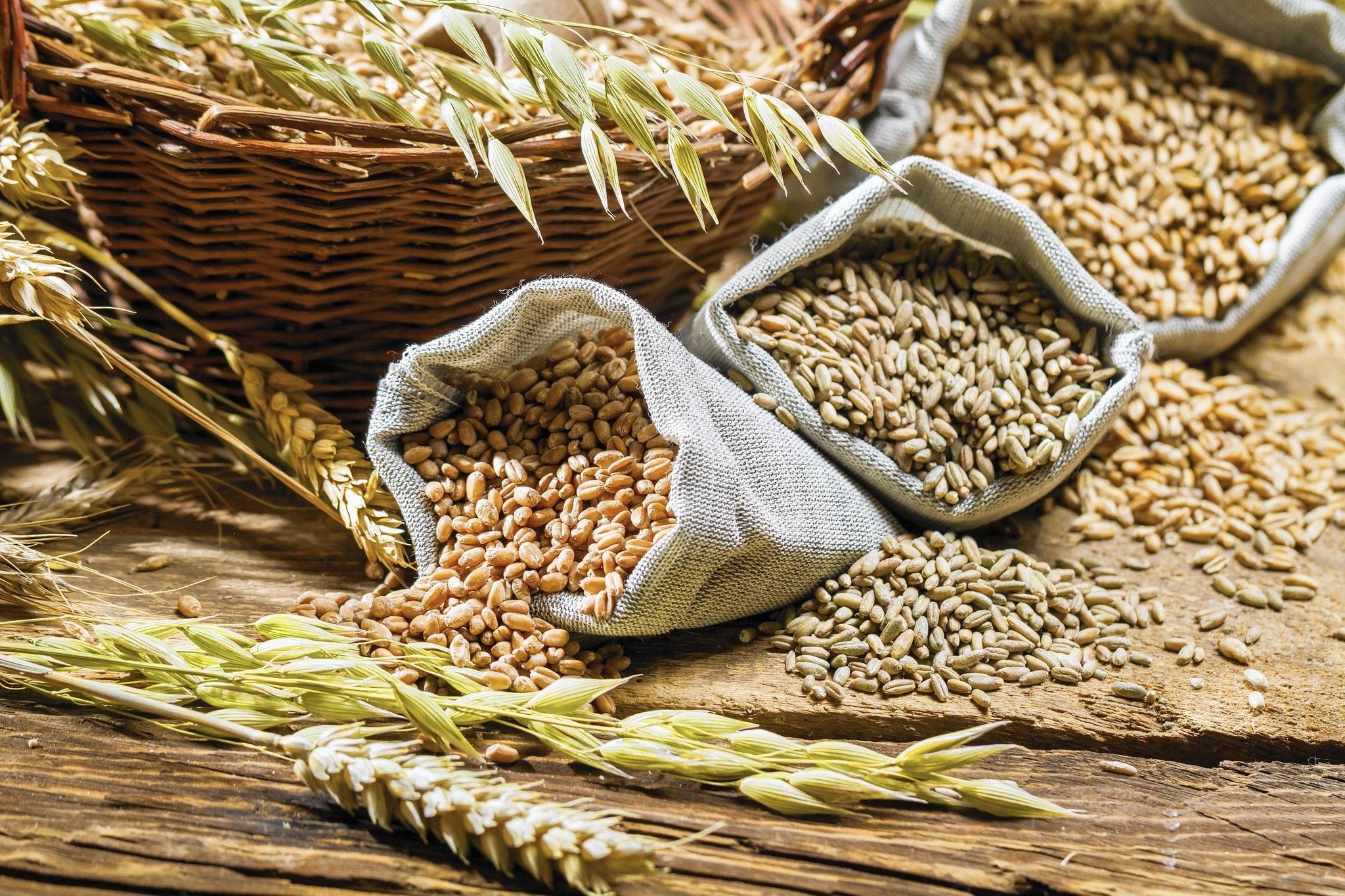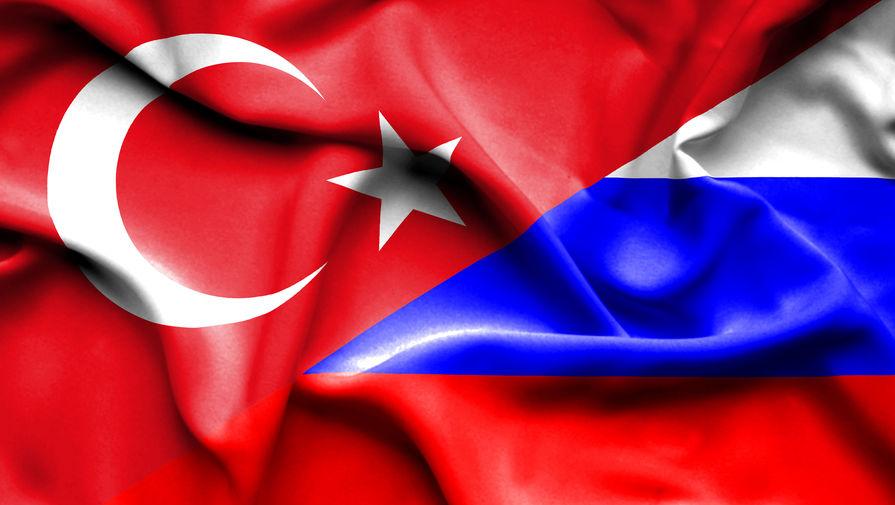Russian pundit: Türkiye pursues brilliant multi-vector policy Ivan Lizan for Caliber.Az
On July 22 in Istanbul, Russia and the UN signed an agreement on grain export that envisages the creation of special corridors for exporting wheat and other food products through the ports of the Black Sea. In his interview with Caliber.Az, Ivan Lizan, Russian economist and expert at the Institute of New Society, explains the political and economic aspects of the new agreement between the three countries and the global economic situation.
- What economic benefits will the new grain deal bring for Russia, Türkiye, and Ukraine?
- For Russia, it is not even the agreement itself that is important, but the possibility that the West is willing to remove restrictions on the export of grain and fertilizers. Formally, they were not under sanctions, especially the grain. But de facto it was under restrictions, because foreign business, especially European banks and insurance companies curtailed their interaction with Russia, and as a consequence, there was no normal insurance, bank loans, any bank guarantees. So the whole financial infrastructure stopped working and, accordingly, the volume of exports decreased and grain was sold at a discount. This is why Russia is primarily interested in this point. Russia is not interested in grain from Ukraine, as it is expecting a record harvest, only wheat may reach about 90 million tons. It was in Russia's interests to get both formal and informal restrictions removed from its grain and fertilizer exports, and in principle, Russia has achieved this.
As for Türkiye's interests, it will certainly try to make something out of it, and on the diplomatic front, Ankara, together with Moscow, solved a problem that the West could not solve. And it is no longer the British or the Americans who will inspect the cargoes - only the Turks and the Russians will do it in the presence of the UN representatives. Thus, Türkiye has once again proved that it is really a Black Sea power, which does not allow other countries into its sphere of interest. Kyiv was not particularly interested in this memorandum, its logistics were adapted, and grain was exported. In the marketing agricultural years 2021-2022, 4 million tons of grain were exported more than last year (48.7 million tons), as well as 18.7 million tons of wheat, and 23 million tons of corn. That is, all export items exceeded the plans. Therefore, it is incorrect to say that during this time, Ukrainian grain did not enter the world markets. It was received, and in larger volumes than during the last marketing year. Markets have reacted to this, and as expected, the price of wheat fell. Perhaps its price will go down a little more. The principle of wheat pricing has changed in Ukraine: if at its peak in March and April of this year, it was at 7.5 hryvnias per kilogram, that is, 7,500 hryvnia per ton, then at its lowest point wheat dropped about a month ago - to 2.5 hryvnias per kilogram, which means the price has fallen threefold. This indicates both the problems with the export of grain, and the fact that the market is ruled not by the producers, but by the dealers. In the conditions of complicated logistics the one, who can somehow get the grain out, wins. Accordingly, dealers simply hiked up prices on grain and began to get rich. I think that at the peak they were making a good $250 per ton.

- So the agreement will contribute to a decline in wheat prices, including on the world trading markets?
- The fall in wheat prices occurred even earlier before even the approximate contours of this deal were outlined, because the stock exchange is such a strange thing, where they are hysterical and play for an increase, or, on the contrary, try to calm everyone down and play for a decrease. They were hysterical and scared everyone, and then it turned out that everything is not so bad with this wheat - somewhere there is more of it, somewhere there will be less of it. Russia, on the contrary, will be able to compensate for the fall in crops in Ukraine. There will be no catastrophe in the world grain market. Given that one of the conditions of this deal is to unblock the export of Russian wheat, I think prices may still go down, but it is obvious that the threat of world hunger is receding.
- Do you think a global food crisis can be avoided?
- Not really. Prices are still higher than last year. They fluctuated, but they are not yet fully fixed. There won't be mass starvation in the world. Perhaps a famine can threaten Ukraine under the current conditions, because with the loss of part of the sown area, the problems of sowing and harvesting, with the threat of actual loss of crops, there is a risk that grain will be exported from Ukraine to the detriment of food security and provision of the domestic market.
- Is there a direct link between the grain deal and the EU's recent decision to ease sanctions against Russia?
- It is unlikely that there is a connection, rather, the Europeans have gone too far with the sanctions and got carried away with them too much, and now they are going to back track in case they come to the understanding that these sanctions are more harmful to them than to Russia. So there will be no mass backlash against the sanctions. Russia has been dealing with sanctions for a long time. Russia will gradually get used to them, just as it adapted to them in 2014-15.
- Does the new document have any political significance for Russia and Ukraine?
- The grain deal has no political significance because Ukraine even refused to sign it with Russia. They signed different copies, and Ukraine did not sign the document that was signed by Russia. Consequently, there will be no negotiations at all.

- How do you assess the current relations between Türkiye and Russia, especially after the recent summit in Tehran?
- It is a complicated but constructive relationship. It's hard to say how much of it is tied to the interaction between the two leaders, Putin and Erdogan, but while Türkiye has pursued a brilliant multi-vector policy, it manages to supply its drones to Ukraine, to use the Ukrainian crisis to bargain with the West over NATO expansion, and to buy foreign companies in Russia at the same time. For example, even the Reebok chain, leaving Russia, sold its business for a third of its market value to a Turkish investor. The American appliance manufacturer Whirlpool also left the Russian market and sold its business to a Turkish company for $220 million with an installment payment of ten years, while only one factory there produces eight million refrigerators a year. So the Turks are very competent, very restrained, and multidirectional in this respect. Actually, let the Turkish state think about their country's interests, no one expects them to act in Russia's interests. So, if nothing changes, Türkiye will be one of the net beneficiaries of the growing catastrophic degradation of relations between Russia and the West. Türkiye even becomes a mediator on the same grain issue, and also benefits from the intensification of relations with Iran. In short, net profits are everywhere.
- Is it the moment when politics and economics coincide completely?
- In the case of Türkiye, yes. It, unlike the European bureaucracy, has not fallen into this extreme degree of ideologizing. Erdogan has his finger on the pulse and feels the interests of the country, and that is definitely a big plus for him.








